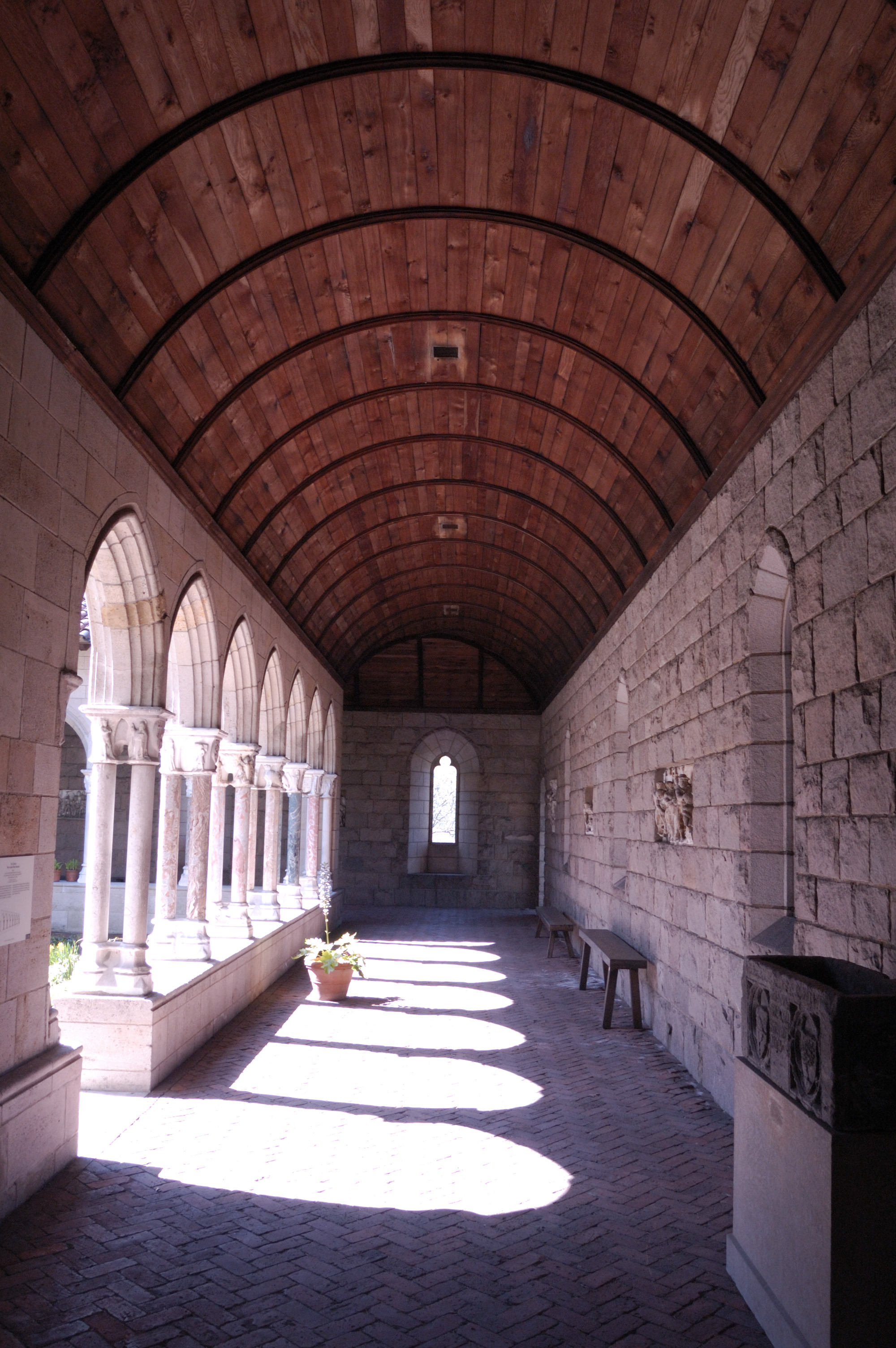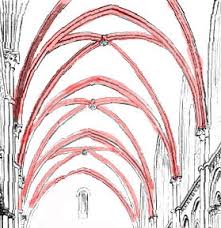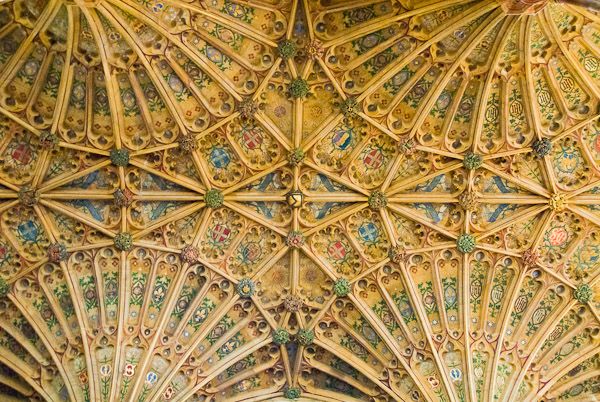Difference between revisions of "Vaulting"
From Londonhua WIKI
(→References) |
|||
| (9 intermediate revisions by the same user not shown) | |||
| Line 1: | Line 1: | ||
| − | + | =Vaulting= | |
| − | + | [[File:rib2.JPG|thumb|right|300px|Rib Vaulting]] | |
| − | |||
| − | |||
| − | |||
| − | |||
| − | |||
| − | |||
| − | |||
| − | |||
=Overview= | =Overview= | ||
| − | + | Vaulting is used to hold the roof up when a large open space is needed. There are several types of Vaulting with each having its own unique aspects. Some are more basic while others are more decorative. | |
<br><br> | <br><br> | ||
__TOC__ | __TOC__ | ||
| Line 23: | Line 15: | ||
==Rib Vault== | ==Rib Vault== | ||
| − | + | Ribbed Vaulting is masonary framework of intersecting arches, or ribs. This type of Vaulting has been used in the late Norman and Gothic periods. <ref>Looking at Buildings. (n.d.). Retrieved May 19, 2017, from [http://www.lookingatbuildings.org.uk/glossary/glossary.html?tx_contagged%5Bsource%5D=default&tx_contagged%5Buid%5D=1072&cHash=e2f1d7ee96611b5d141b8b66b733d3ec]</ref> | |
| + | <gallery mode="packed"> | ||
| + | Image: rib.jpg | ||
| + | </gallery> | ||
<br><br> | <br><br> | ||
Latest revision as of 09:05, 19 June 2017
Vaulting
Overview
Vaulting is used to hold the roof up when a large open space is needed. There are several types of Vaulting with each having its own unique aspects. Some are more basic while others are more decorative.
Contents
Background or Origin of Article
Barrel Vault
A Barrel Vault is an arched shape, similar to the roof of a tunnel. As the upper parts of the arch push the lower sections out, something must be resisting that outward pressure. In a tunnel the fill around the tunnel does this, but above ground this is done with thick walls that support it.[1]
Rib Vault
Ribbed Vaulting is masonary framework of intersecting arches, or ribs. This type of Vaulting has been used in the late Norman and Gothic periods. [2]
Fan Vault
Fan Vaults have ribs that are equal in length and radiate out from a single point. Shorter ribs cross the radiating ribs creating extravagant patterns.[3]
References
External Links
If appropriate, add an external links section



